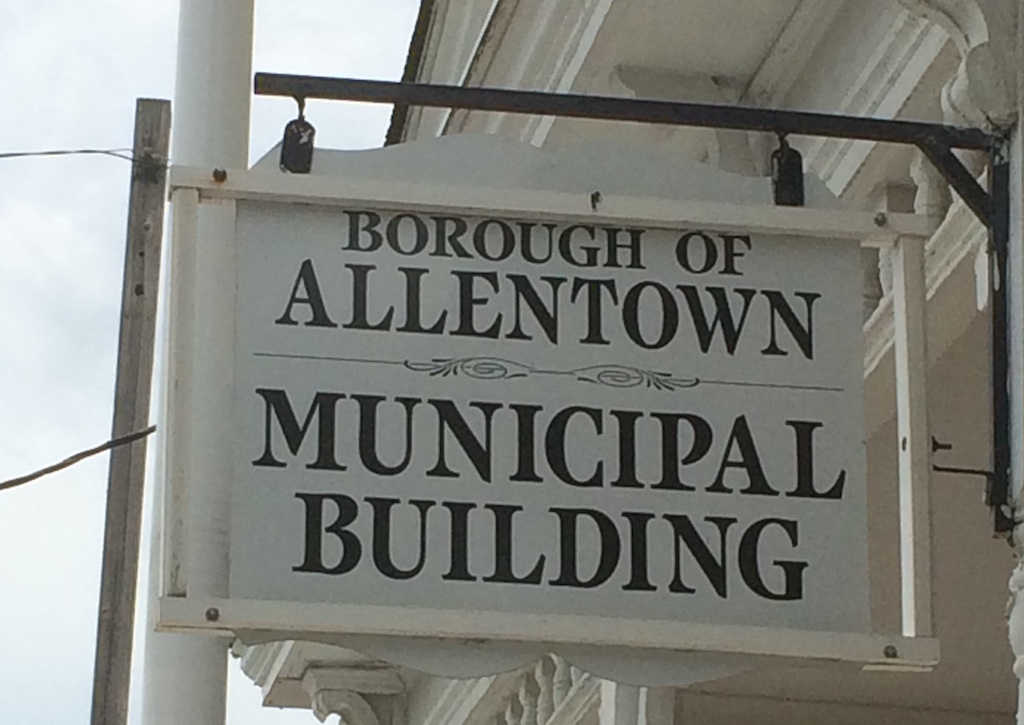ALLENTOWN – The Allentown Borough Council has introduced a $2.48 million budget to fund the operation of the municipality during 2019.
Council President Thomas Fritts, Councilwoman Angela Anthony, Councilman Rob Schmitt, Councilman Michael Drennan, Councilman John A. Elder III and Councilman Robert Strovinsky voted to introduce the budget during a meeting on March 26.
A public hearing on the budget will be held at the April 30 council meeting.
In 2018, the municipal budget totaled $2.47 million and was supported through the collection of $1.54 million in taxes from Allentown’s residential and commercial property owners. Other revenue in the budget included $393,000 from surplus funds (savings) and the receipt of $131,595 in state aid.
The 2019 budget totals $2.48 million and will be supported through the collection of $1.58 million in taxes from Allentown’s residential and commercial property owners. Other revenue in the budget includes $375,000 from surplus funds and the receipt of $131,595 in state aid.
In 2018, the municipal tax rate was 80 cents per $100 of assessed valuation. The owner of a home assessed at the borough average of $290,270 paid $2,322 in municipal taxes in 2018, which was the same amount as in 2017.
Chief Financial Officer June Madden said the estimated 2019 municipal tax rate will be 82.1 cents per $100 of assessed valuation. The average home in Allentown is now assessed at $290,842. The owner of that home will pay $2,388 in municipal taxes this year.
Municipal taxes are one item on a property owner’s total tax bill. Allentown property owners also pay Upper Freehold Regional School District taxes and Monmouth County taxes, among other assessments.
The amount a resident pays in property taxes is determined by the assessed value of his home and/or property and the tax rate that is set by each taxing entity.
Madden gave a brief overview of the budget on March 26 and will provide a complete presentation during the public hearing.
Significant appropriations in the 2019 budget include police salaries and wages, $486,500; other police expenses, $50,071; municipal debt service, $199,000; garbage removal, $155,000; contribution to the Police and Firemen’s Retirement System of New Jersey, $111,082; employee group health insurance, $61,400; contribution to the Public Employees Retirement System, $39,478; aid provided to the Hope Fire Company, $34,000; contribution to the Allentown First Aid Squad, $22,560; and general liability insurance, $20,000.
Regarding the Allentown Police Department budget, salaries and wages have decreased in 2019 due to the retirement in 2018 of a senior officer. A new full-time officer was hired at a lower salary ($35,615) than the officer who retired, Madden said.
The category of other police expenses has decreased by about $7,000 in 2019 because there is only one vehicle lease/purchase payment, as opposed to two in 2018, according to the CFO.

